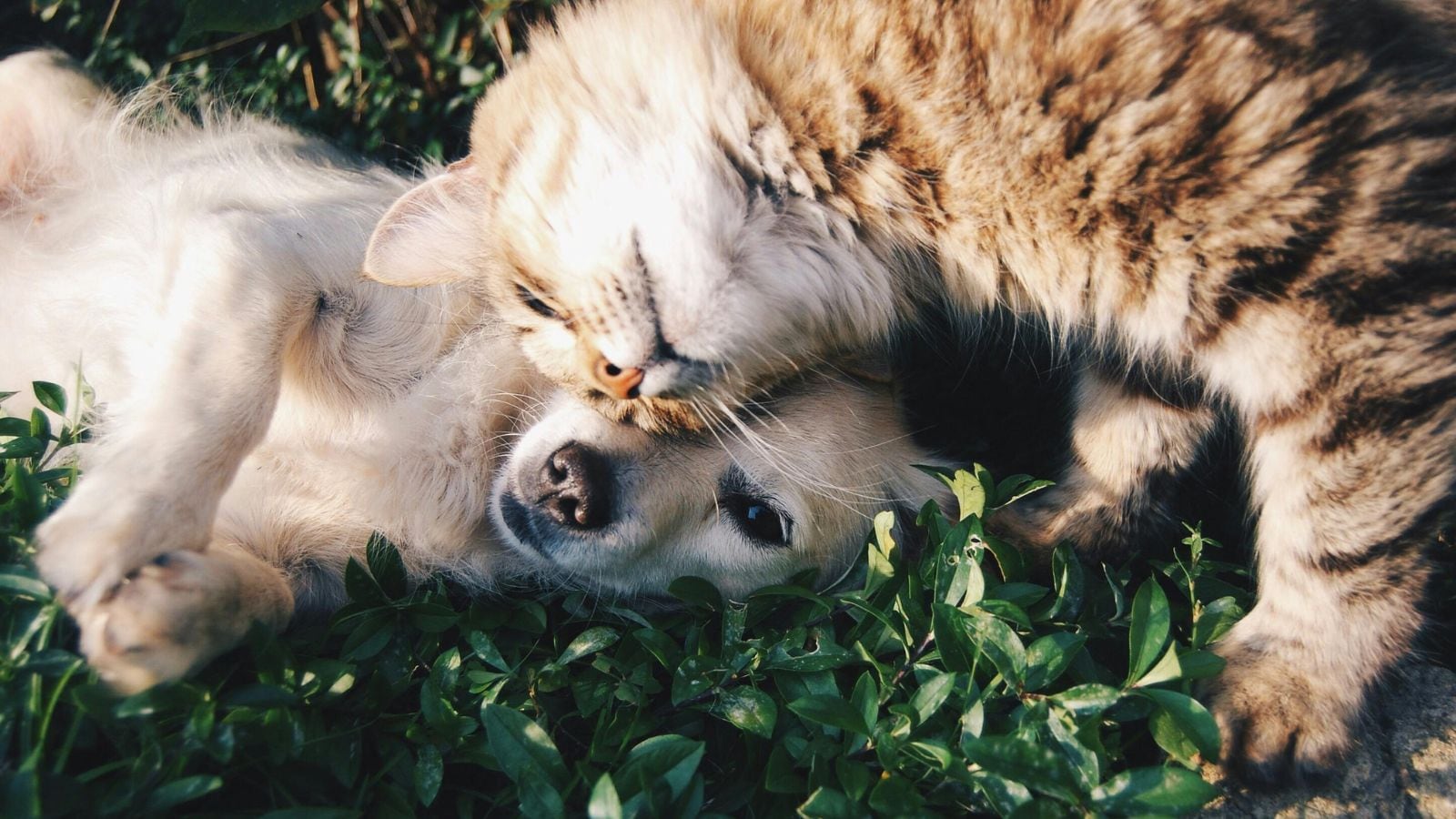India’s love for furry companions is undeniable. With over 10 million pet dogs, the country ranks as the sixth-largest pet dog-owning nation in the world. However, despite the rise in pet ownership, many pet parents remain unaware of potential zoonotic diseases affecting their dogs, as highlighted in reports by the Journal of Animal Health and Production.
Beyond health risks, two major challenges––high veterinary costs, reported by 43.33 per cent of pet owners, and limited insurance options, noted by 36.25 per cent of pet parents––hinder proactive pet care. With medical expenses rising, the need for financial security in pet care has never been greater.
Pet insurance, a “Pawsitive” solution
Pet Insurances provide financial coverage for veterinary expenses, including accidents, illnesses, surgeries, and in some cases, routine care, diagnostic tests, hospitalisations, and medications. Some policies may also cover third-party liability coverage for damages caused by your pet. Thus, the specifics may vary by provider and you may need to review various details.
 Despite a consistent incline in dog ownership, reports from the Journal of Animal Health and Production suggest that pet parents lack awareness about potential zoonotic diseases affecting pet dogs. (Source-Pexels)
Despite a consistent incline in dog ownership, reports from the Journal of Animal Health and Production suggest that pet parents lack awareness about potential zoonotic diseases affecting pet dogs. (Source-Pexels)
Who qualifies for pet insurance?
J S Rama Krishna, business head, Growel Pet Nutrition, said, “Some insurance schemes exclude older pets or certain breeds due to higher health risks and costs. Puppies under a specific age or pets with pre-existing conditions may also face restrictions. These exclusions help insurers manage risks but highlight the importance of insuring pets early for comprehensive coverage.”
“High-risk breeds prone to genetic or health issues typically have higher premiums due to increased likelihood of claims. Low-risk breeds, being generally healthier, may have more affordable premiums. Insurers assess these risks to ensure fair pricing while maintaining sustainable coverage,” Rama Krishna said.
However, having pet insurance is always beneficial. It offers financial security during unexpected health emergencies, ensuring pets receive timely and quality care without financial strain. “It also supports routine care and preventive treatments, promoting your pet’s overall well-being. Long-term, this fosters a healthier pet, reduces stress, and enables pet parents to plan for unforeseen expenses,” said Rama Krishna.
Like all future financial planning, pet insurance is a wise investment that provides peace of mind, ensuring your pet’s health is prioritised. It safeguards you and your pet against unexpected medical costs and supports preventive care. For pet parents, it’s a proactive way to secure their companion’s health and well-being without compromising on quality care.









